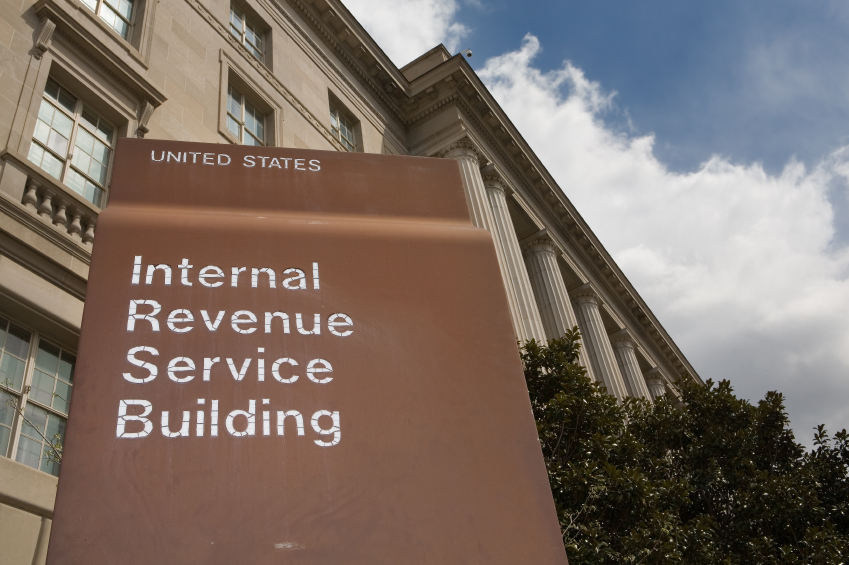Last week, the IRS released a blueprint for the 10-year, $80 billion it was allocated under the Inflation Reduction Act. The spending plan includes goals and timetables covering areas such as operations support, enforcement, taxpayer services and IT modernization.
“Based on what we see in the outlined plan, AICPA is encouraged that many of the spending areas line up with items AICPA has also requested, including increased customer service and the reduction of the backlog of returns,” said Peter Mills, Senior Manager, AICPA Tax Policy & Advocacy.
Over the last two years, AICPA has consistently recommended the IRS focus on stronger taxpayer services, concentrating on modernization. The new plan focuses on expanding digital services and innovation, enabling taxpayers to access their data, helping taxpayers understand and claim appropriate credits and deductions and efforts to make payments easy.
AICPA is encouraged to see that the IRS plans to retire legacy applications, adopt modern systems, give IRS employees the technology they need to effectively serve taxpayers, and give taxpayers and practitioners the tools they need to access their data.
“The AICPA is grateful that the IRS is placing greater emphasis on improving service issues, however we continue to urge the IRS to adopt other recommendations, including continued suspension of certain automated collection notices and making all forms available for electronic filing,” said Mills.
“The IRS should consider broadening the use of the $45.6 billion in funds Congressionally allocated to enforcement and utilize those funds to include all training, customer service and systems modernization related to any type of enforcement. This plan is an opportunity to engage in conversation between the IRS, Treasury and other outside stakeholders to ensure this funding is spent smartly and will reap the most benefits.”
Thanks for reading CPA Practice Advisor!
Subscribe Already registered? Log In
Need more information? Read the FAQs
Tags: Benefits, Income Taxes, IRS, Taxes




